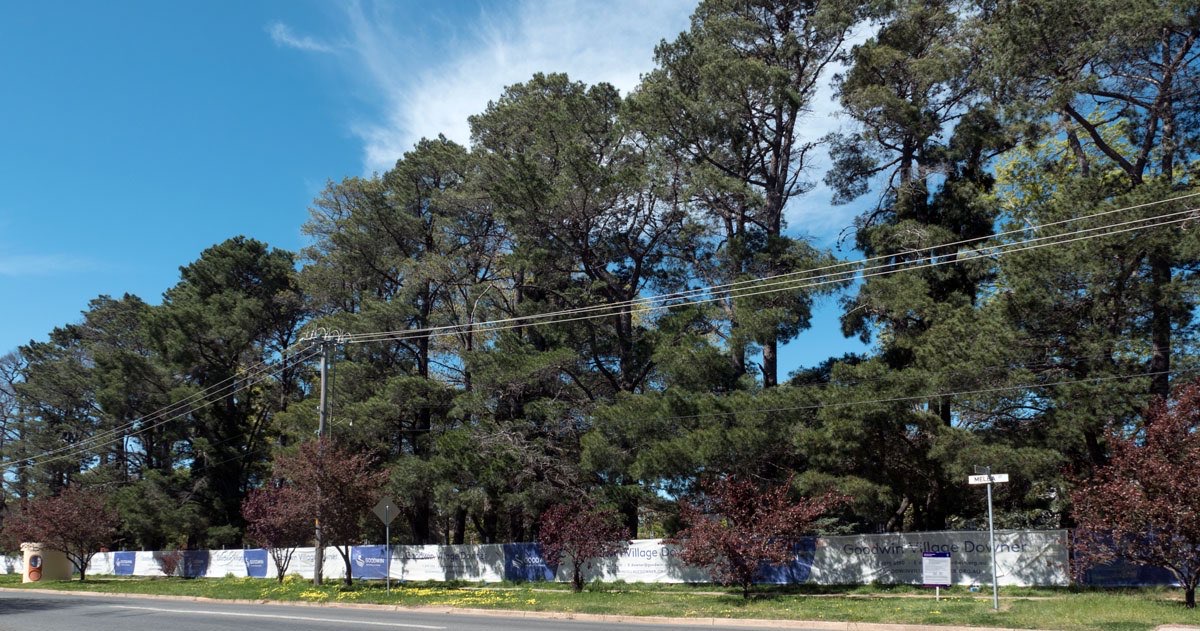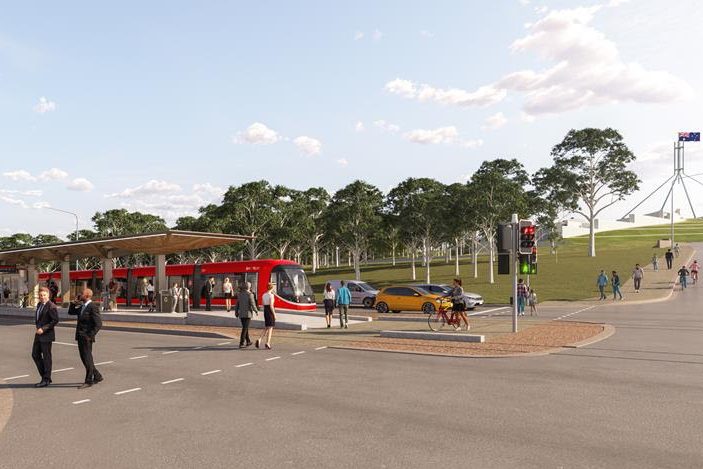
“It is now common for developer-driven DAs to include worthy statements about climate, community values and involvement. The reality is that consultation processes involve ticking boxes and tokenistic engagement,” writes “Canberra Matters” columnist PAUL COSTIGAN.
ABOUT a month ago community organisations floated the idea that the ACT Planning Minister Mick Gentleman, should be replaced.
The catalyst this time was the failure to deliver on the 2020 election commitment for overdue community facilities in Molonglo and his failure to deal with over-development in central Gungahlin.
To the Chief Minister, who keeps him in that portfolio, Mick Gentleman is a roaring success. By doing little, he ensures the success of the developer-driven agenda of the ACT Labor/Greens government. He is fabulous at his job!
A way of measuring this minister’s success is the stream of faulty development applications (DAs) that make their way through his Planning Directorate.
As this path to approval is well established, local organisations have become developers to make the best of the laissez-faire minister and ad hoc decision making by the bureaucracy.
Community-oriented DAs are nominally proposed to benefit those needing assistance (social housing, aged care, etcetera). But a lot of the emphasis has become the financial benefit to the organisations. Residents confronted with these DAs wonder whether profit from the investment is the priority.
The residents involved with the overturning of the YWCA application for 10 units on a community site on the block that includes Bill Pye Park were left in no doubt about how this was mishandled.
The comments from the appeals tribunal included that the proposal was inappropriate for the site, crammed too many units on to the site, tenants would be denied sufficient amenity, trees would be lost and it would impact on Bill Pye Park.
The reaction of the proponent is that everyone else is wrong and that despite the obvious (build them somewhere else), they are to try again for much of the same. Residents report that when questioned about the unit cramming, the YWCA said they needed at least 10 units to return a yield on the investment.
In Downer, Goodwin Homes has proposed a large number of units on the last section of the former school site. In response to the DA, residents pointed out the solar issues, that trees are to go, biodiversity would be reduced, this is unit cramming and that development is too close to the boundaries. This development would be the final of three stages (the first two being apartments).
Residents tried in the earlier stages to save the much-loved large pine trees and the associated biodiversity (loads of birds). Promises to have the trees replaced with something significant have not been fulfilled. The proponents are viewed as having a priority of ensuring maximum yield on their investments at the expense of environmental and neighbourhood values.
All eyes are on how the bureaucracy assesses the Goodwin DA given the serious issues.
It is now common for developer-driven DAs to include worthy statements about climate, community values and involvement. The reality is that consultation processes involve ticking boxes and tokenistic engagement. This is planning overseen by the Minister for Planning, enabled by the ACT Greens.
The Greens have done little to deal with the fact that the faulty planning system is the undoing of other efforts to address climate issues and for Canberra to be a biodiversity-rich, liveable city designed for the later 21st century.
Some final thoughts. If this Planning Minister was to resign, who in this Labor/Greens government has the talent to do the job? Has anyone else noticed the reduction in particular birds across the ACT – for instance the owls and the Gang-Gangs? And why do residents always have to be the unpaid volunteers to highlight the lists of faults in DAs? Isn’t that the job of the Planning Minister’s well-paid planning bureaucracy?
Paul Costigan is an independent commentator and consultant on the visual arts, photography, urban design, environmental issues and everyday matters.
Who can be trusted?
In a world of spin and confusion, there’s never been a more important time to support independent journalism in Canberra.
If you trust our work online and want to enforce the power of independent voices, I invite you to make a small contribution.
Every dollar of support is invested back into our journalism to help keep citynews.com.au strong and free.
Thank you,
Ian Meikle, editor




Leave a Reply